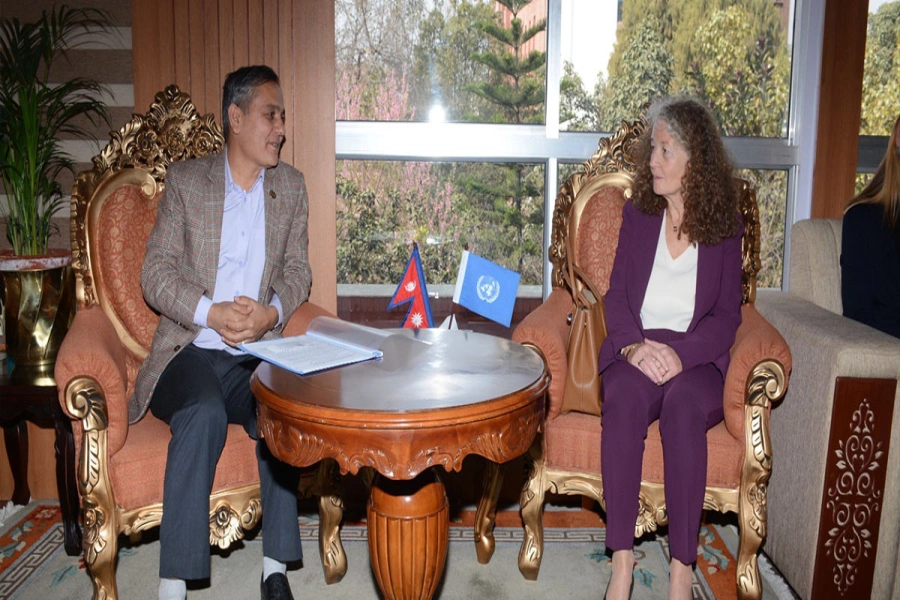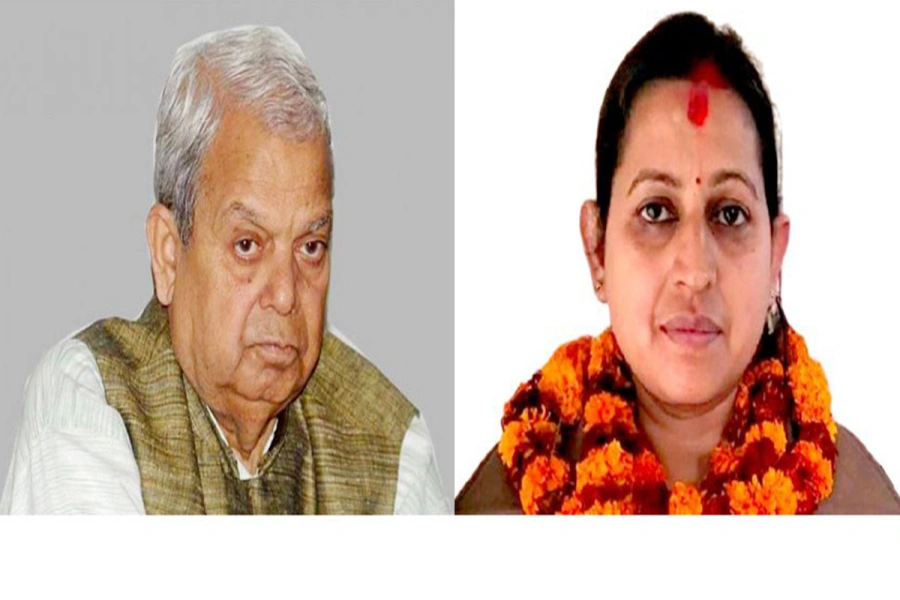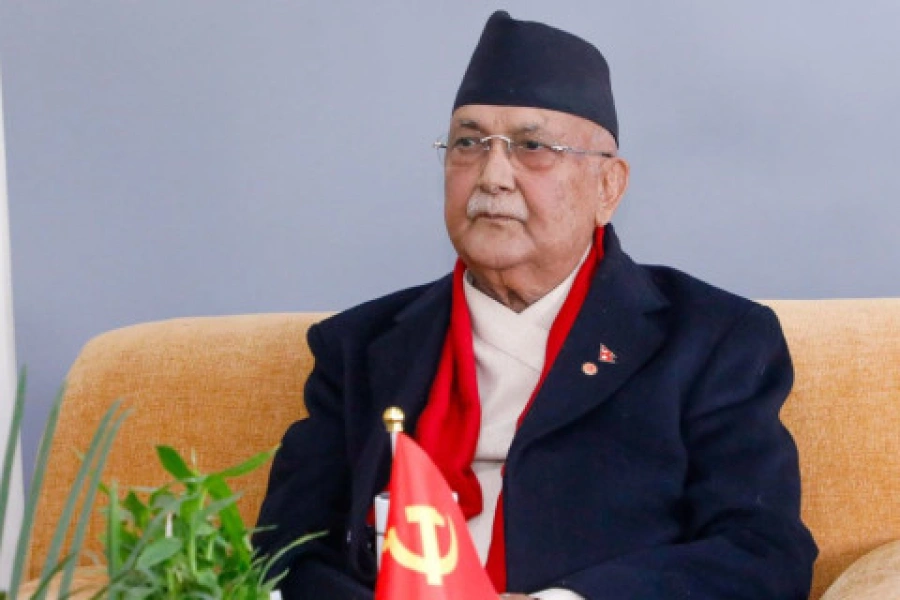While watching Aamir Khan’s Dangal recently, my heart raced and my eyes welled up several times
It was time for my son to reach home after school. I was busy making lunch for him. Suddenly, my phone beeped and with wet hands I got hold of it. It was a message from my husband asking me for a day-out to watch Dangal. I agreed instantly.
Dangal was a movie I had been eagerly waiting for. Though I am not a die-hard Aamir Khan fan, I really appreciate his diligence, his love for perfection and his professionalism.
Of late, his films are not just typical romantic Bollywood movies but also carry strong social messages, films like Three Idiots, Taare Zameen Par and PK. Therefore, there was more excitement this time, the excitement to watch an Aamir Khan movie first-day, first-show!
Dangal touches many facets of our lives, be it hunger for self-actualization, family values, or sacrifices and expectations within a family. But most importantly, the movie captures every nuance of the multifaceted father-daughter relations. Dangal is not just about wrestling; it is about a father’s role in empowering his daughters. It is about the importance of having a father who can also play the role of a coach and a mentor and who can inculcate qualities such as resilience and self-pride that are vital in achieving personal and professional goals.
While watching the movie, my heart raced and my eyes welled up several times, especially during those scenes when Aamir enacts the role of a helpless father fighting societal norms, or when he demonstrates an unflinching faith in his daughters’ abilities or when he expresses an immense pride in his daughters’ success. Other than superb acting from Aamir, there was another important reason for me getting emotional—the big similarities between Aamir’s traits and those of my own father.
I felt as if I was watching my father on the screen, and perhaps that was what the director wanted: an instant connection every daughter would feel towards their father on watching his film. I was transported back to my childhood days when my dad used to work tirelessly to provide us every comfort, while at the same time never compromising on discipline. For instance, he would insist that I cover my books with a brown paper first and then with a plastic sheet to prevent them from falling apart. I remember him teaching me tricks to memorize mathematical tables within minutes and I also remember how he used to make me read aloud so that I could learn to pronounce each word correctly. I hated many of those lessons but silently surrendered to my father’s rigid regimen.
He was (literally) an angry young man back then, with steely-eyes and permanently frowned brows. He was a hard taskmaster, and made his children strive for excellence throughout but at the same time gave us all what we needed to lead comfortable lives and to chase our dreams.
I was born and brought up in Nepal and but wanted to study in India. It was an expensive proposition for parents to send their wards to India back then but my father didn’t question my decision. For he gave utmost importance to education. There was an eternal sense of regret in him for his inability to pursue higher education simply because he got married young. Therefore he was determined to help us pursue our studies and not trade our education with anything else. In fact, he wanted to achieve his unfulfilled dream, of attaining higher education, through his children.
Once, I remember travelling without reservation for hundreds of kilometers on a train to Kerala. My father was trying to make me feel comfortable in the crowded train, and had successfully haggled with the travelling ticket examiner (TTE) for a seat. On other occasions he would wipe my hands and forehead with a wet towel to save me from the scorching heat outside. These were the moments which greatly increased my love and respect for him. He went through all the discomfort because it was important for him to support me in my endeavors and all that I wanted to achieve. It was especially important that his ‘girl-child’ achieved something big in her life.
While watching the movie, I got emotionally involved with the storyline. I felt a connection with each scene as I could relate them back to my own growing up years. But I was surprised with the reaction of my co-audience to some scenes. I overheard a group of young people questioning Aamir’s parenting style. For them he was as strict as a military-head and as a stern as a judge. Maybe it was the generation gap between us which made me perceive Aamir’s actions differently. Maybe I was familiar with a parenting style which was high on obedience. Or maybe, as the renowned American actor-director Philip Seymour Hoffman once said, “When you become a parent, you look at your parents differently. You look at being a child differently. It’s an awakening, a revelation that you have”.
So which is the best parenting style? The answer to this complex question is simple. Parenting is not a mathematical formula which gives you the same results every time. It is more of a journey with endless lessons on love, dreams, faith, patience, dedication, pride and much more. There is no ‘best parenting style’.
Whether we adopt an authoritative parenting style (by setting clear limits and at the same time being responsive to our children’s emotional needs) or a laissez-faire style (the ‘let it be’ approach) is not that important. What is important is to accept that there are
differences and offer our kids conducive environment for their holistic development.
All of us are different as individuals and as parents. We differ in our upbringing, culture, values, attitudes and access to resources. We cannot paint every child or every parent with the same brush. Therefore we need to chalk out our own path in how we want to raise our children. It’s just that I could relate to Aamir’s chosen style of parenthood that was close to the style of parenthood of my own father.
Falling in Love

The author is a New Delhi-based freelance writer






































